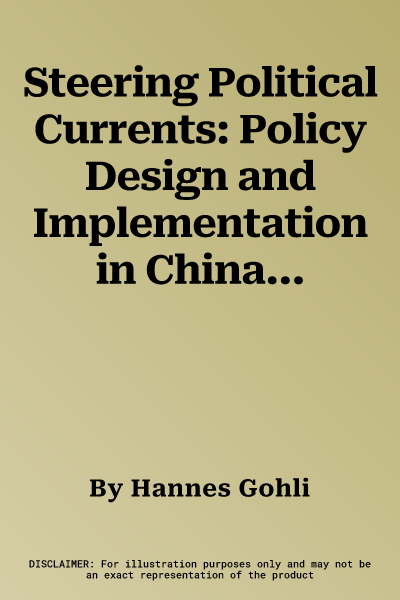Hannes Gohli
(Author)Steering Political Currents: Policy Design and Implementation in China's Smart Grid IndustryPaperback, 22 December 2022

Qty
1
Turbo
Ships in 2 - 3 days
Only 3 left
Free Delivery
Cash on Delivery
15 Days
Free Returns
Secure Checkout

Print Length
510 pages
Language
English
Publisher
Nomos Verlagsgesellschaft
Date Published
22 Dec 2022
ISBN-10
3756005232
ISBN-13
9783756005239
Description
Product Details
Author:
Book Format:
Paperback
Country of Origin:
US
Date Published:
22 December 2022
ISBN-10:
3756005232
ISBN-13:
9783756005239
Language:
English
Location:
Baden-Baden
Pages:
510
Publisher:
Weight:
6935.42 gm